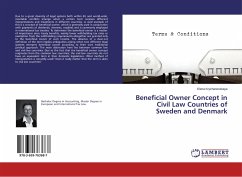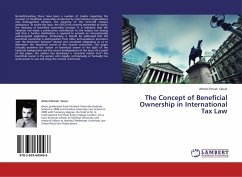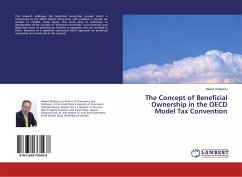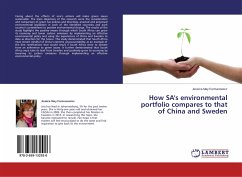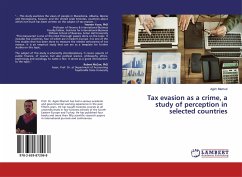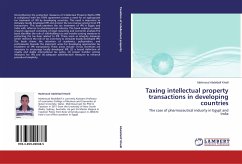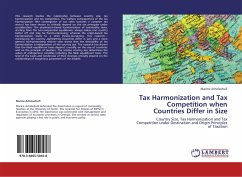Due to a great diversity of legal systems both within EU and world-wide, inevitable conflicts emerge when a certain term receives different interpretations and treatments in different countries. A vivid example of this is a concept of beneficial owner, which is generally used in conjunction with payments of dividends, interests, royalties and is commonly employed in international tax treaties. To determine the beneficial owner is a matter of importance since treaty benefits, mainly lower withholding tax rates or exemption from the withholding requirements altogether are granted only to the beneficial owner of such income. The absence of a clear-cut definition of the term implies ambiguities arising when two different legal systems interpret beneficial owner according to their own traditional juridical approach. The main distinction here lies between common law and civil law countries. Due to the fact that the beneficial owner concept originates from the common law countries; the civil law countries do not have an equivalent term in their domestic legislations. What method of interpretation is noramlly used? Does it really matter that the term is alien to civil law countries?
Bitte wählen Sie Ihr Anliegen aus.
Rechnungen
Retourenschein anfordern
Bestellstatus
Storno

